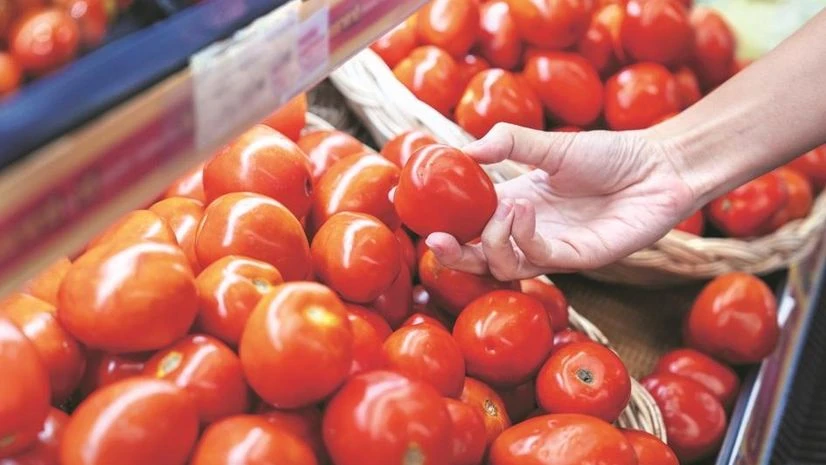(3 Minutes Read)
In 2024, global exports of fresh tomatoes totaled a significant USD 12.4 billion, underlining the strong international demand for this staple produce. However, Algeria’s share in this booming market remains minimal, despite the country’s substantial agricultural capacity and favorable climatic conditions for tomato production.
According to Chabane Assad, founder of the agri-consulting firm Finabi Conseil, Algeria holds untapped potential that could be turned into a competitive export advantage. Assad suggests that the country can achieve this by building a structured and specialized tomato export industry, beginning with the development of pilot production and export clusters in key regions such as Annaba, El Tarf, and Oued Souf—areas known for their high agricultural output.
To compete in international markets, Assad recommends a series of strategic infrastructure and policy reforms, including:
- Establishing a reliable cold chain network to ensure product freshness throughout the export process.
- Developing centralized packaging hubs to streamline logistics and standardize export quality.
- Implementing a national traceability and certification system, which would meet international food safety and sustainability standards.
These measures aim to position Algeria to access promising export destinations such as Russia, the United Arab Emirates, Eastern Europe, and the United Kingdom—regions where demand for fresh tomatoes is robust and growing.
Germany, identified as a strategic economic partner for Algeria, imported an estimated USD 1.7 billion worth of fresh tomatoes in 2024 alone, making it a prime target market. Given Germany’s emphasis on organic and sustainably farmed produce, Assad highlights the importance of developing Algeria’s organic tomato sector to align with evolving global agricultural trends.
In addition to infrastructure and market alignment, Assad proposes broader institutional support through:
- The creation of a public fund dedicated to promoting and subsidizing agricultural exports.
- The establishment of a National Agri-Export Agency, responsible for coordinating export strategies, marketing, and trade relations at a national level.
Read Also;
https://trendsnafrica.com/protests-erupt-at-paris-agriculture-show-over-moroccan-tomato-imports/
In summary, while Algeria currently plays a minor role in the international tomato trade, a strategic overhaul of its export infrastructure and policy framework—anchored in regional pilot zones and supported by national institutions—could turn the country into a key player in global fresh tomato exports.





